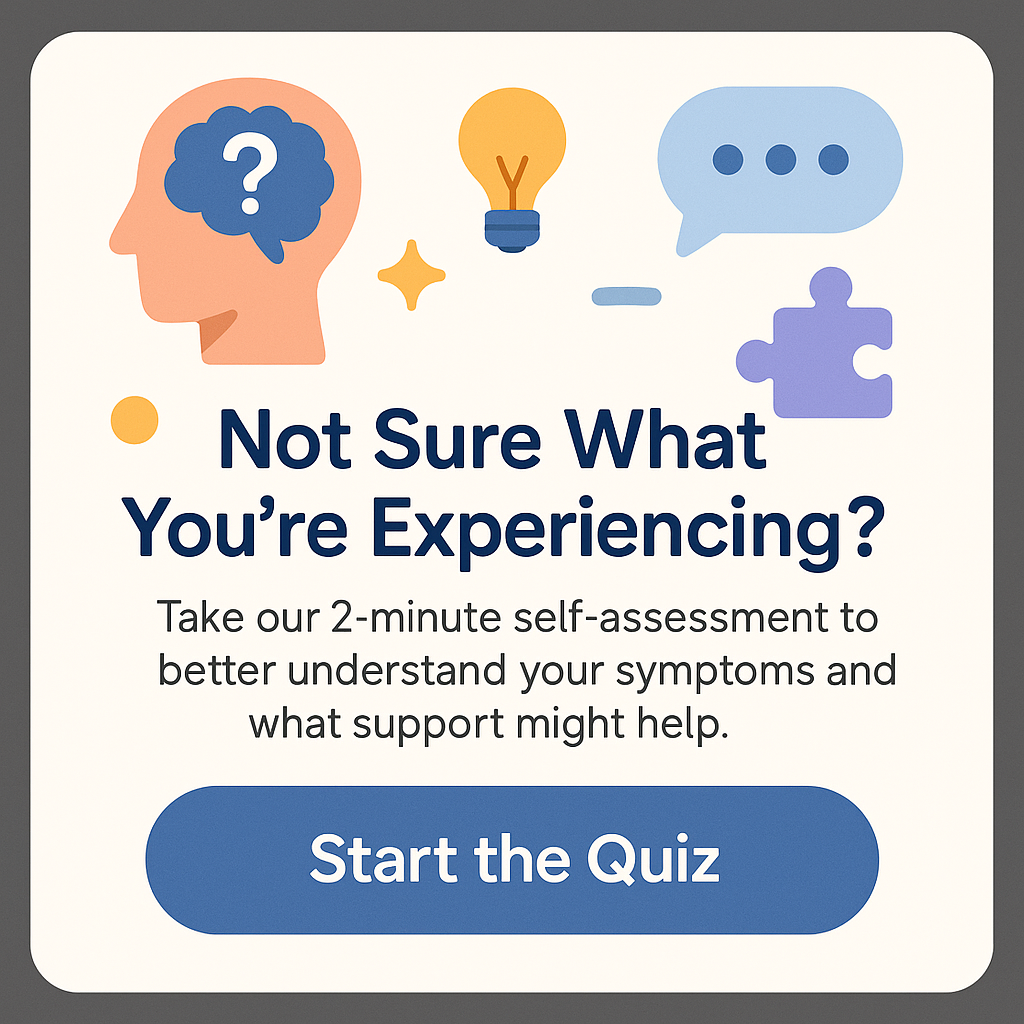Do Autistic People Have Empathy? Understanding the Nuances
Do autistic people have empathy? This is a question many individuals ponder, leading to discussions about social interactions, emotional comprehension, and the innate human experience. The debate surrounding empathy in individuals on the autism spectrum has been complex and multifaceted, shedding light on stereotypes, misconceptions, and the extraordinary depth of human feelings. Empathy isn’t a one-size-fits-all concept; it encompasses a wide range of emotional responses, and understanding this range is crucial when exploring whether autistic individuals possess this trait.
On the surface, it may appear that people with autism lack empathy. They might struggle with social cues, facial expressions, and understanding emotions as readily as others do, leading to misconceptions about their emotional world. However, this perception fails to account for the complexities of autism itself and the individual differences that exist within the spectrum. By delving deeper, we can uncover nuanced perspectives on empathy, recognizing not only the challenges autistic individuals may face but also the unique ways in which they express empathy. Let’s embark on this enlightening journey to uncover the truth behind the question: Do autistic people have empathy?
Understanding Empathy: What It Means
To address the question of whether autistic people have empathy, we must first understand what empathy truly entails. Empathy is generally defined as the ability to understand and share the feelings of others. It encompasses two primary components: affective empathy and cognitive empathy.
Affective empathy refers to the emotional response one has in relation to another person’s feelings. For example, when a friend is sad, an emotionally empathetic person will feel their sadness and may experience a desire to comfort them. This form of empathy is often instinctual and can be deeply intertwined with one’s own emotional state.
Cognitive empathy, on the other hand, involves the ability to understand another person’s perspective, thoughts, and feelings on a more intellectual level. It requires a certain degree of social awareness and insight into how others may feel in varying situations. An individual might comprehend why a person feels upset without necessarily feeling that emotion themselves.
Research suggests that autistic individuals often exhibit differences in both affective and cognitive empathy. For instance, many may find it challenging to interpret social cues, body language, and subtle emotional signals, which are essential for cognitive empathy. Yet, this does not mean they lack empathy altogether. Instead, their experience of empathy may manifest differently, leading to a variety of responses that sometimes go unnoticed.
It’s also important to consider the personal narratives of autistic individuals who often describe their experiences of empathy in terms that are complex and nuanced. They may not exhibit empathy in the stereotypical ways society often expects, but that does not mean they don’t feel or care about others. These variations highlight the need for deeper comprehension of how autistic individuals experience and express empathy.
Empathy in Autistic Individuals: Research and Insights
Numerous studies explore the realm of empathy in autistic people, revealing a rich tapestry of emotional experiences that often contradict popular assumptions. For instance, a comprehensive review conducted by the Oxford University Press indicated that while autistic individuals may have difficulty with social communication, many are capable of experiencing profound empathy.
One interesting aspect is that some individuals on the spectrum may excel in recognizing emotions, particularly through detailed analysis rather than by intuition. They might take the time to logically assess a situation and draw conclusions about how someone is feeling. This methodical approach can lead to a strong understanding of emotional content, albeit in a manner that may not conform to typical emotional responses.
Moreover, the emotional responses that autistic individuals express in their relationships can be intense and genuine. Many individuals with autism are fiercely loyal to their friends and loved ones and often go to great lengths to ensure their well-being. The nuances of these relationships demonstrate an awareness and sensitivity that challenges the stereotype of the ’emotionally detached’ autistic person.
In a study published in the Journal of Autism and Developmental Disorders, researchers found that the emotional responses of autistic individuals are not diminished; rather, they may respond differently based on their experiences and understanding of social norms. This newfound perspective is crucial, as it further supports the notion that empathy is a complex, multifaceted trait that isn’t defined by one’s ability to recognize emotional cues.
Furthermore, another study published in Autism Research indicated that when people with autism are provided with explicit emotional contexts and learning opportunities, their ability to understand and engage in empathetic behaviors improves. By offering educational experiences focusing on emotional intelligence, caregivers and educators can foster empathetic growth in autistic individuals, bridging the gap between their emotional experiences and their social interactions.
Challenges Autistic Individuals Face in Expressing Empathy
While there is evidence that many autistic people do indeed possess empathy, the challenges they face in expressing it can create misunderstandings in social contexts. Social anxiety, difficulty in understanding abstract concepts, and a predisposition to focus on specific interests can complicate emotional exchanges.
Social situations can be overwhelming for many individuals on the spectrum. A crowded room filled with conversations, laughter, and different emotions can lead to sensory overload, inhibiting the ability to communicate effectively. When faced with too many stimuli, the capacity to empathize can diminish, as focusing on outward signals can become exceedingly difficult. This constant battle between overwhelming sensory information and the desire to engage emotionally can result in an appearance of disengagement.
Moreover, the intricacies of nonverbal communication, such as facial expressions and tone, pose significant hurdles. Autistic individuals might misinterpret these signals or fail to respond in a way that aligns with non-autistic expectations. Consequently, an emotional response that might seem absent could be due to a misunderstanding rather than a lack of feeling.
In addition, the internal experiences of empathy for many autistic individuals can be less intuitive. They might have rich emotional experiences but face difficulties articulating those feelings verbally. This disconnect can result in frustration as they attempt to express their empathy while feeling misunderstood by peers.
Finally, societal expectations often favor extroverted emotional responsiveness, leaving those who may express empathy in quieter or more subtle ways overlooked or misunderstood. Autistic individuals might show empathy through actions rather than words, such as helping a friend in need or being present during an emotional moment, but these gestures can go unnoticed in a society that often values loud displays of emotion.
Fostering Empathy in Autistic Individuals
Understanding and nurturing empathy in autistic individuals is vital not only for their personal development but also for fostering greater inclusion within society. Employing strategies that engage and inspire these individuals can help bridge gaps in emotional understanding.
One effective approach is through social stories, which are tailored narratives that describe social situations and expected behaviors in detail. Social stories can serve as valuable tools, allowing autistic individuals to better comprehend varied emotional contexts. By being explicitly taught about feelings and social interactions, they are more likely to develop their empathetic skills and apply them in real-life scenarios.
Additionally, simply engaging autistic individuals in conversations about emotions and relationships can promote a deeper understanding of empathy. By establishing a safe space where they can share their thoughts and feelings without fear of judgement, we provide valuable opportunities for connection and learning. Group activities aimed at building social skills indirectly nurture empathy, as shared experiences cultivate an understanding of others’ emotions.
Another effective method is utilizing role-playing scenarios. By practicing emotional responses in controlled settings, autistic individuals can prepare for real-world interactions. Role-playing allows them to experiment with responses and receive constructive feedback, enhancing their ability to empathize with others.
Overall, parents, educators, and therapists play a crucial role in developing empathy. Offering uninterrupted time to discuss feelings, participate in community service, or volunteer can also inspire growth. These experiences not only strengthen relationships but also contribute positively to their worldviews.
Conclusion: The Spectrum of Empathy in Autism
The question, “Do autistic people have empathy?” opens an important dialogue about understanding and appreciating the varied expressions of empathy within the autism spectrum. While many may face challenges in navigating social complexities and deciphering emotional cues, this does not diminish their capacity to feel deeply or care profoundly.
As society evolves, it’s crucial that we challenge misconceptions surrounding autism and empathy, celebrating the diverse ways in which individuals connect with one another. By doing so, we cultivate a richer understanding of humanity itself—a mosaic of experiences, emotions, and connections designed by the unique tapestry of human existence.
Ultimately, embracing empathy in all its forms strengthens our communities, fostering a more compassionate world where every individual, regardless of their neurological makeup, can find common ground. As we continue to ask questions and delve deeper into the world of autism, let us appreciate the complexity and beauty of empathy in all its guises.
FAQs
1. Can autistic individuals feel empathy?
Yes, autistic individuals can feel empathy. Their experience may differ from non-autistic individuals, often leading to unique expressions of empathy that might not conform to societal expectations.
2. What are the types of empathy that autistic people might experience?
Autistic individuals may experience both cognitive and affective empathy. While they may struggle with understanding social cues, many feel deep emotional connections and care for others.
3. How can we support the development of empathy in autistic individuals?
Supporting empathy development can involve using social stories, engaging in conversations about emotions, role-playing scenarios, and providing safe environments for autistic individuals to express their feelings.
4. Are there any misconceptions about empathy and autism?
Yes, a common misconception is that autistic people lack empathy. In reality, individuals on the spectrum may express it differently and can care deeply about others.
5. Is empathy a learned behavior for autistic individuals?
Empathy can be learned and nurtured. With appropriate support, education, and practical experiences, autistic individuals can enhance their understanding and expression of empathy.
Is ADHD a Form of Autism? Understanding the Differences and Similarities







